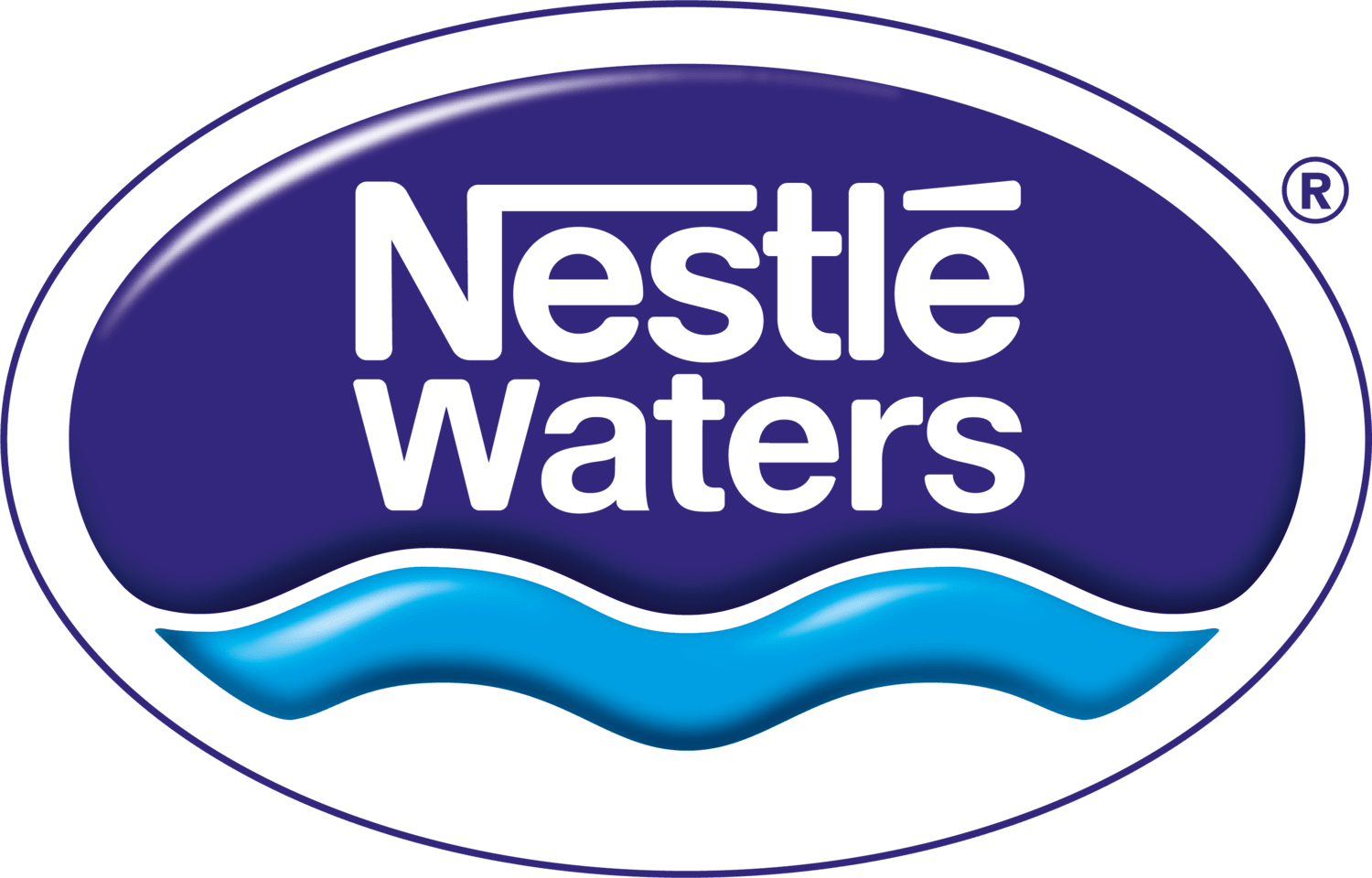Hydration
- Water - Source of Life
-
Water - Source of Life
Water is at the center of life, and no one can survive more than a few days without it. Not only is water the largest single component of our body but it also has fundamental functions that make our body work and perform properly.
The average adult human body is composed of 60% water. In fact, all of our vital organs contain different levels of water.¹
Water is one of the most important nutrients for a human body and has 4 main functions:
- Water in your body is a building material for your cells
- Water in your body transports essential nutrients to every cell of your body
- Water contributes to regulating body temperature
- Water in your body acts as a carrier to eliminate waste through the kidney and urine
*Adults
1 Mitchell et al. The Journal of Biological chemistry, 1945: 625-637 - Water Balance
-
Water Balance
Every day our body loses on average 2.5 liters* of water though urine, breathing, sweat and feces. Therefore, it’s important to compensate for this water loss in order to maintain our bodies water balance** and proper functioning.
Since the food we eat provides the body with about 0.7L of water, and during metabolic processes the body produces another 0.3L of water, adults* should drink 1.5L of water a day to ensure you are maintaining their water balance.
During periods of physical activity or heat, you should replenish your body by increasing your water intake. Good hydration goes hand in hand with a healthy lifestyle!
Inadequate hydration may lead to one or more of the following signs:
- Thirst sensation
- Decrease in the amount of urine or darker urine color
- Tiredness, dizziness & headache
- Dry mouth
- Impairment of cognitive function
*For a healthy sedentary adult living in a temperate climates.
**Jéquier E and Constant F. European Journal of Clinical Nutrition (2010): Water as an essential nutrient: the physiological basis of hydration - Who is more vulnerable to dehydration?
-
Who is more vulnerable to dehydration?
Stay well hydrated!
Children and the elderly are more vulnerable to dehydration than adults, so it is necessary to ensure that their hydration levels stay adequate throughout the day.
Children:
- Children may not have the awareness to drink when thirsty
- Their needs for water are proportionately greater than those of adults
Elderly:
- The feeling of thirst may diminish with age and the fluid intake from other sources may be insufficient
- Their water loss is greater due to less efficient kidney function
In hot climates like those in the Middle East, parents and caregivers should pay more attention to the water intake of children and the elderly, to ensure that they are properly hydrated.
To learn more about hydration, select our informative articles under “Goodness of Water” section.




 عربي
عربي 